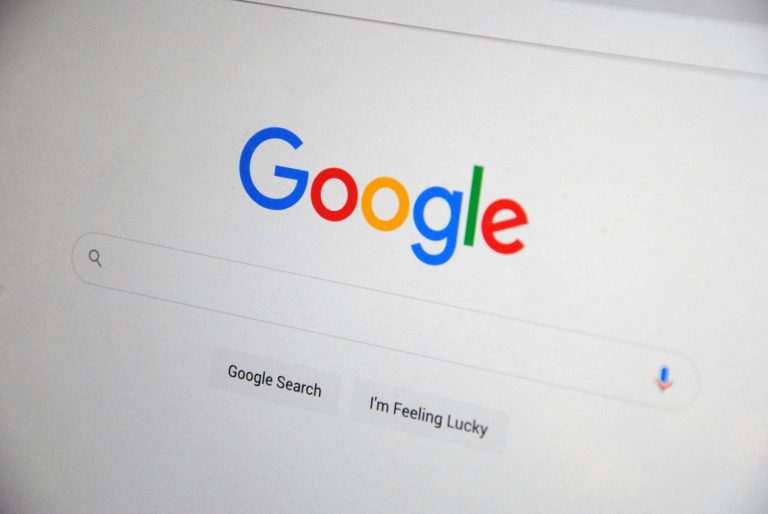This article was triggered by a conversation I was having with someone about the use of social media by different socio-economic groups.
The subject of Millennials came up and our views differed on how we thought they used social media. The only way to resolve this I thought, was to ask a millennial to give me their thoughts on social media. What could be simpler, I thought, than asking someone who is in the target audience to ask their friends and capture their thoughts.
I should have known better.
The following is reproduced exactly as delivered….
A Millenial’s view of Social Media
Millennials, when asked, would probably tell you that they see social media as a good thing.
It’s a free, convenient way to stay in touch with friends and family across great distances, and a godsend on a slow Friday afternoon when the clock seems frozen and your boss isn’t looking at your screen.
Millennials will freely put their whole lives on Facebook, Twitter or Instagram without even thinking, after all, how else are you going to tell someone 70 miles away that you just ordered a really picturesque lasagne, or bae just said something romantic or even your exact knee jerk response to complex political issues which you will solve with no research or broader context? How will these hypothetical far flung spectators of their lives even survive without breaking news of the daily routine of other people? The danger here that so many fail to see is that when you stick something online it’s probably not going to stay private. There are a lot of ways this could go wrong.
The most popular way this could end up costing the average young person is career wise. According to CareerBuilder’s annual social media recruitment survey, 60 percent of employers use social networking sites to research job candidates.
Picture the scene; you’re a 20 something in an interview for an amazing job. Your clothes are ironed, your handshake was firm, you’ve managed to maintain eye contact and all of the questions breezed by.
This is a slam dunk.
At that moment the interviewer looks you square in the eye and asks for some context about one of your Facebook posts. At this point you may as well just stand up and leave rather than explain to a man you’ve spent the past 20 minutes convincing that you are a sober professional why you were doing shots off of a man dressed as Barney the dinosaur. The same survey says that more than a quarter of employers have found content online that has caused them to reprimand or fire an employee.
Evidently significant numbers of people, disproportionately Millennials, don’t seem to grasp the concept that if you air dirty laundry about your co-workers or horror of horrors your boss online, it’s probably going to leak back to them somehow.
Another looming downside of social media is that what you put on it will last a very long time.
Even if you have the wherewithal to delete your more embarrassing tweets posts and pictures after the fact there’s no guarantee that someone hasn’t copied them. Again this is an issue that disproportionately hits Millennials. Prior generations can rest easy knowing that all of the stupid things that they did in their youth are effectively unrecorded bar some Polaroid’s of bellbottoms and afros in the attic, Millennials have their emo phase broadcast to the world in glorious HD with multiple angles and accompanying angsty poetry.
With all this potential future blackmail material for people to laugh at you might wonder why anyone would keep using social media, sure there are some sweet benefits but the costs can be huge. However, cunning solutions have been found to counter these problems. To paraphrase a great man; life finds a way.
A popular response to the increase in employers checking social media has been to create a false page for them to examine, a profile which is updated semi regularly with inoffensive posts carefully cultivated to present the image of a professional young worker. All of the memes and party albums go on a separate page, completely unrelated and unrelatable to the first. Another, if more extreme response is to simply delete all of your online presence, websites exist to aid with this specific purpose such as deseat and based on the tasteful page layout they get a lot of business.
Ultimately social media is only a tool, the onus is on the user to control what they put on it.





